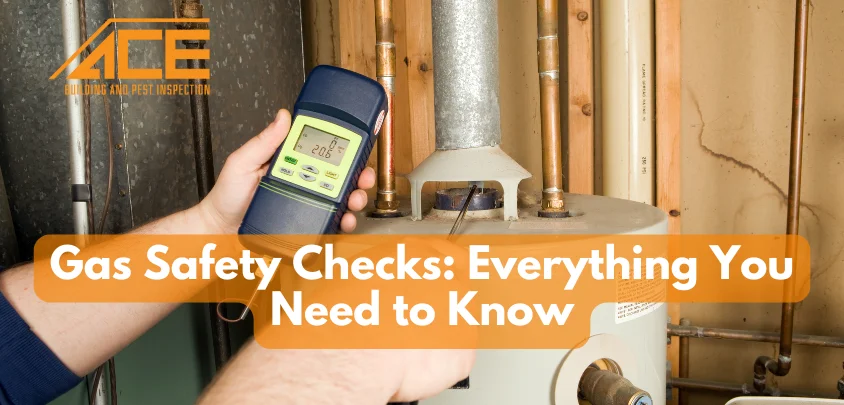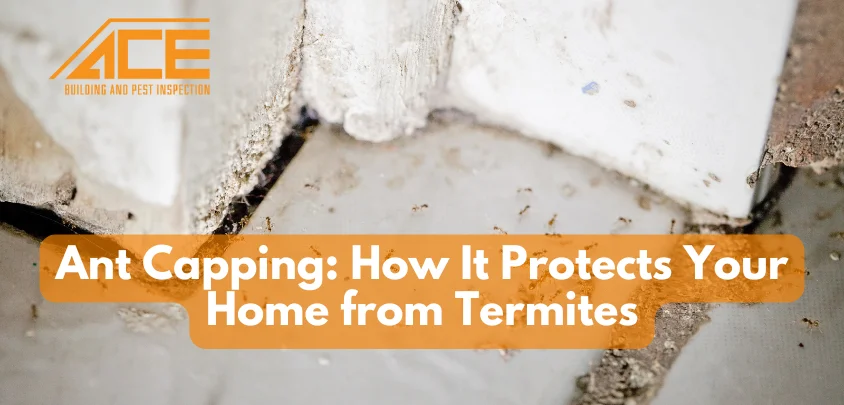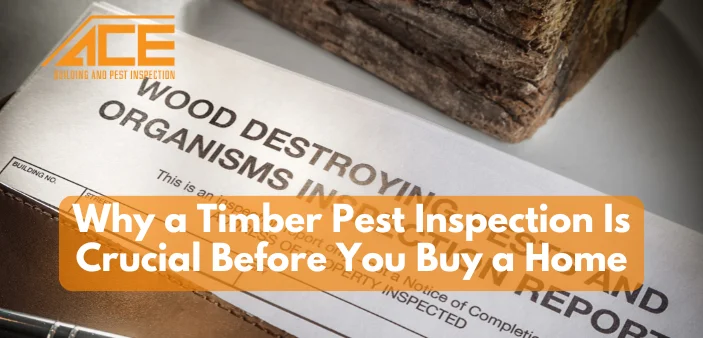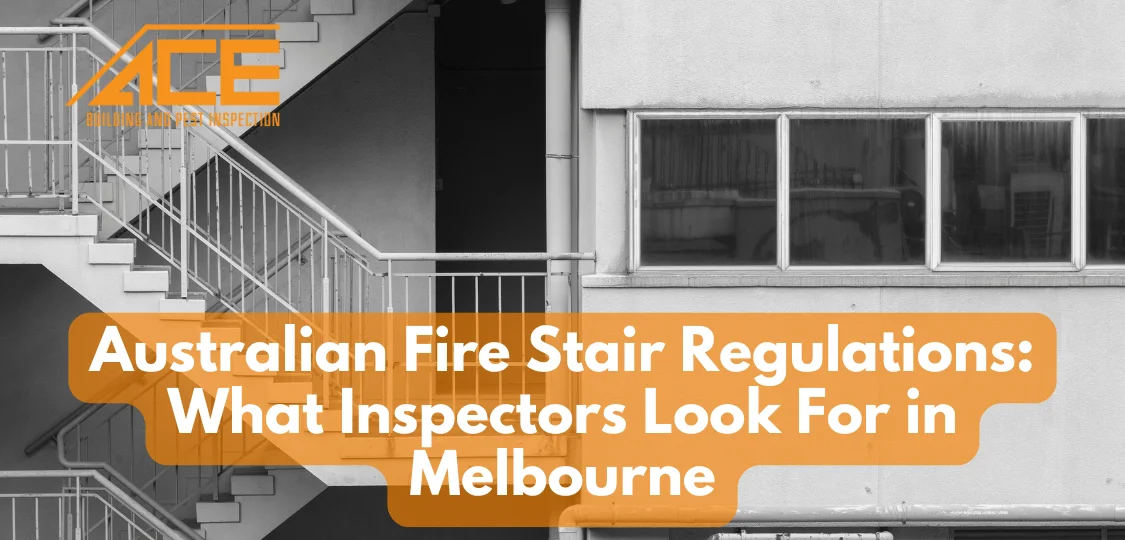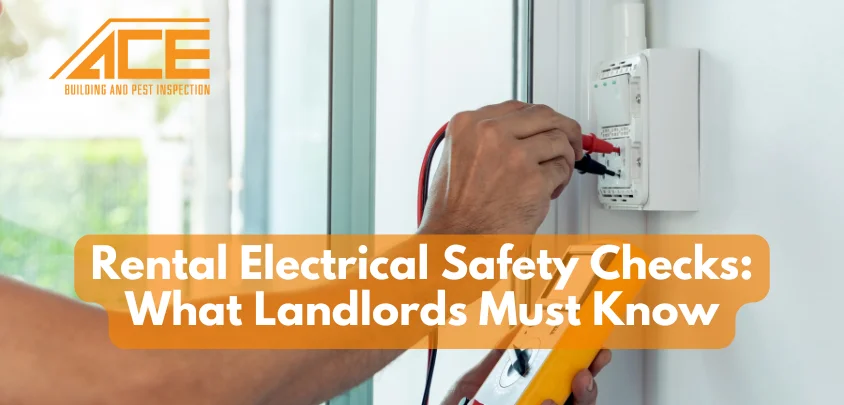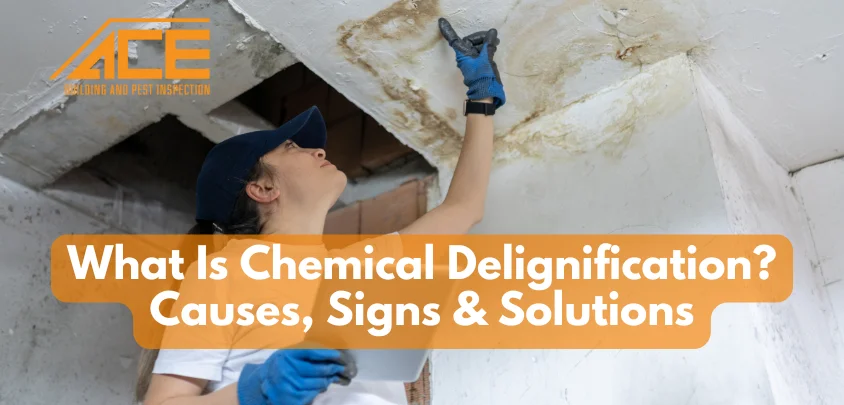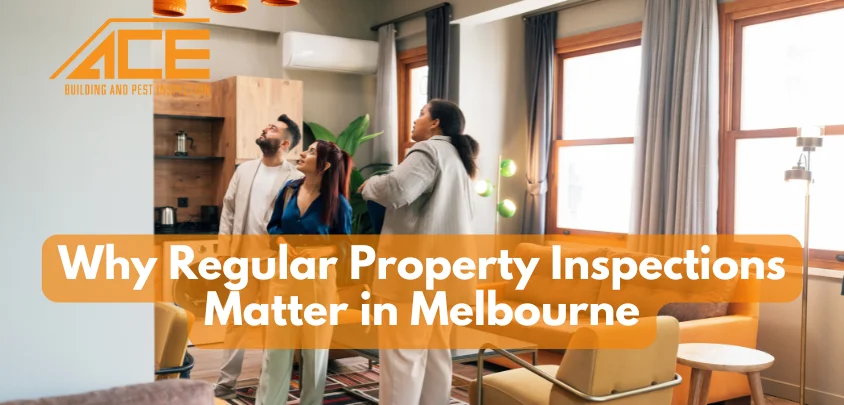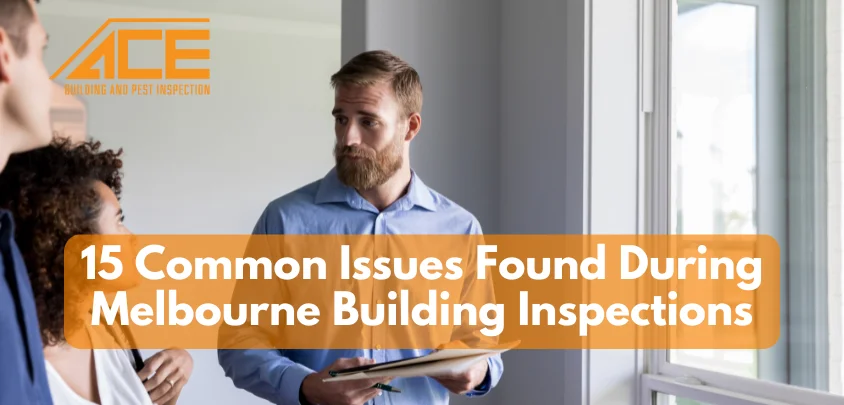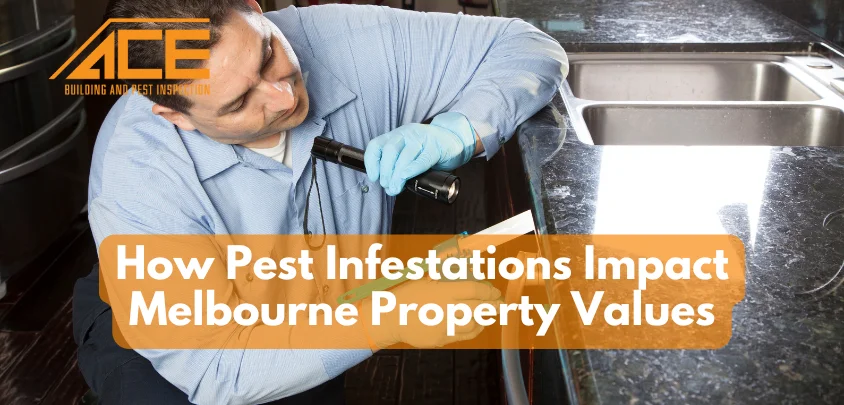Table of Content
- 1. What Is a Gas Safety Check?
- 2. Why Are Gas Safety Checks Important?
- 3. Building Inspections and Gas Safety Checks
- 4. Who Can Perform a Gas Safety Check?
- 5. What’s Included in a Gas Safety Check?
- 6. How Often Should Gas Safety Checks Be Done?
- 7. Signs That You Need a Gas Safety Check
- 8. What Is a Gas Safety Certificate?
- 9. When Should You Consider a Gas Safety Check?
- 10. Cost of a Gas Safety Check in Melbourne
- 11. Gas Safety Tips for Homeowners and Tenants
- 12. Final Thoughts
Regular gas safety checks are not only recommended — in many cases, they’re legally required. Gas appliances are a convenient and energy-efficient feature in many Melbourne homes and commercial properties. From gas heaters to cooktops, they help keep households warm and meals cooked to perfection. However, with convenience comes responsibility. Faulty gas systems can lead to severe hazards such as gas leaks, fires, and carbon monoxide poisoning.
In this article, we’ll walk you through everything you need to know about gas safety checks in Melbourne: what they involve, who is responsible, how often they should be done, and how they relate to building inspections. Whether you’re a homeowner, landlord, tenant, or business owner, this guide is for you.
What Is a Gas Safety Check?
A gas safety check is a thorough inspection carried out by a licensed gas fitter to ensure that gas appliances, fittings, and connections are installed and operating safely. The check applies to systems running on both natural gas and LPG (liquefied petroleum gas).
During the check, the technician will assess:
- Gas appliances (heaters, cooktops, hot water systems)
- Gas pipes and connections
- Combustion performance
- Carbon monoxide (CO) emissions
- Ventilation and exhaust systems (flues)
- Appliance controls and safety devices
- Potential gas leaks
This ensures not just that the appliances are working, but that they are safe for long-term use.
Why Are Gas Safety Checks Important?
1. Health and Safety
Faulty gas appliances can cause carbon monoxide poisoning, fires, and even explosions. CO is particularly dangerous as it’s odourless and invisible, making it difficult to detect without proper testing equipment. Regular checks reduce these risks significantly.
2. Legal Requirement for Landlords
In states like Victoria, it’s a legal obligation for landlords to have gas safety checks conducted every two years by a licensed professional. This applies to any property with gas appliances and is required under the Residential Tenancies Regulations 2021.
3. Insurance and Liability
A failure to maintain gas appliances can affect your home or public liability insurance. If an accident occurs due to negligence or lack of proper checks, insurance claims could be denied. A certified gas safety check provides proof that you’ve taken responsible action.
4. Efficiency and Longevity
Gas appliances that are regularly inspected and serviced operate more efficiently and use less gas, resulting in lower energy bills. They also tend to last longer, saving money on costly repairs or early replacements.
Building Inspections and Gas Safety Checks
If you’re buying or selling a property, it’s common to arrange a building inspection to assess the structure, roofing, electricals, and plumbing. However, many general building inspections do not include detailed gas safety assessments. For complete peace of mind, particularly if the property has older gas systems, it’s wise to arrange a separate gas safety check alongside the building inspection.
Similarly, if you’re planning a major renovation, a building inspection can help uncover structural or compliance issues, but a gas check ensures that modifications won’t interfere with existing gas lines or appliances. Combining both inspections provides a comprehensive understanding of the property’s safety and compliance.
Who Can Perform a Gas Safety Check?
Only a licensed gas fitter or gas plumber is legally permitted to carry out gas safety checks in Australia. Each state and territory has its own licensing authority — for example, in Victoria, gasfitters must be registered with the Victorian Building Authority (VBA).
Before booking a service, it’s a good idea to verify the technician’s licence and ensure they are experienced with Type A gas appliances, which are most commonly found in homes.
What’s Included in a Gas Safety Check?
A complete gas safety check generally includes the following:
1. Visual Inspection
The technician looks for visible damage, corrosion, or poor installation on all appliances and pipework.
2. Pressure Testing
The gas supply system is pressure tested to identify leaks or irregularities.
3. Carbon Monoxide Testing
Appliances such as heaters and hot water systems are tested for CO emissions using specialised sensors.
4. Flue and Ventilation Assessment
Proper ventilation and proper operation are essential to expel harmful gases. The gas fitter will ensure these components are functioning safely.
5. Combustion Efficiency
Appliances are tested to ensure they are burning gas correctly, with blue flames indicating clean combustion.
6. Appliance Operation
Technicians check that each gas appliance starts, runs, and shuts off as intended, without any faults.
7. Safety Devices and Controls
Built-in safety mechanisms like flame failure devices are tested for reliability.
8. Report and Certificate
Upon completion, the gas fitter provides a Gas Safety Certificate or a written report outlining the inspection results.
How Often Should Gas Safety Checks Be Done?
The recommended frequency depends on your situation:
- Landlords (Victoria): Every two years for any rented property with gas systems.
- Homeowners: Every 2–3 years, or sooner if you notice signs of malfunction.
- Businesses: Annual inspections are often recommended for commercial kitchens and facilities with high gas usage.
Signs That You Need a Gas Safety Check
Even if your next scheduled check isn’t due, you should contact a licensed gas fitter if you notice:
- Unusual smells (rotten egg-like odour)
- Yellow or orange flames instead of blue
- Soot stains near appliances
- Pilot lights are frequently going out
- Headaches or dizziness when appliances are in use (potential CO exposure)
- Higher-than-usual gas bills without increased usage
These are signs that something may be wrong and need immediate attention.
What Is a Gas Safety Certificate?
A Gas Safety Certificate is an official document provided by the gas fitter after completing the check. It confirms that the inspection was carried out and details the condition of appliances and systems.
For landlords, this document is essential for legal compliance. For homeowners and buyers, it provides peace of mind and may be requested during property transactions or insurance claims. It’s recommended to retain this certificate for at least 2 years.
When Should You Consider a Gas Safety Check?
While regular gas safety checks are essential for all homes and businesses, there are specific times when arranging an inspection becomes even more critical:
- Before buying or selling a property: If you’re purchasing a home, a standard building inspection often includes checks for structural issues, moisture, and general condition, but it may not cover gas safety in detail. It’s wise to arrange a separate gas safety check to ensure all appliances and connections are in safe, working order.
- Before leasing a property: Landlords should ensure that gas appliances are inspected before new tenants move in, in accordance with local rental laws.
- After installing a new appliance: Always have a licensed gas fitter inspect and commission any newly installed gas equipment.
Cost of a Gas Safety Check in Melbourne
The cost of a professional gas safety check typically ranges from $150 to $300, depending on:
- Number of gas appliances
- Size and location of the property
- Additional repairs or servicing needed
If faults are found, the cost of repairs is usually quoted separately. However, many gasfitters offer combined deals for landlords or homeowners including CO testing and minor servicing.
Gas Safety Tips for Homeowners and Tenants
- Install carbon monoxide detectors near gas heaters and bedrooms.
- Keep flues and vents unblocked at all times.
- Don’t use outdoor gas heaters indoors.
- Turn off appliances when not in use, especially overnight.
- Schedule regular servicing for older units.
- Do not attempt DIY gas repairs. It’s illegal and extremely dangerous.
Final Thoughts
Gas safety isn’t something to take lightly. Whether you’re a homeowner maintaining your property, a landlord meeting your legal obligations, or a buyer organising a building inspection, don’t overlook the importance of a proper gas safety check.
While general building inspections provide a broad view of a property’s condition, a dedicated gas safety check focuses specifically on potential hazards that could put lives at risk. Together, they offer full peace of mind.
If you haven’t had your gas systems checked in the last two years — or if you’re planning to buy or lease a property — now is the time to book a licensed gas fitter. It’s a small investment that protects your health, safety, and legal responsibilities.
More Resources:
